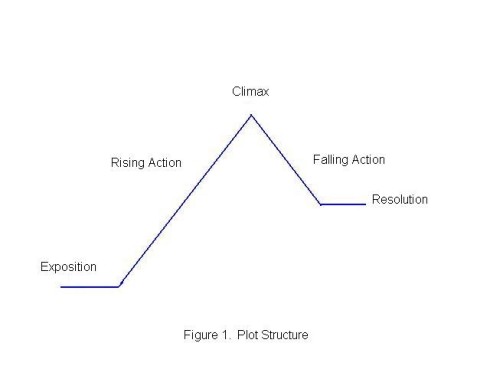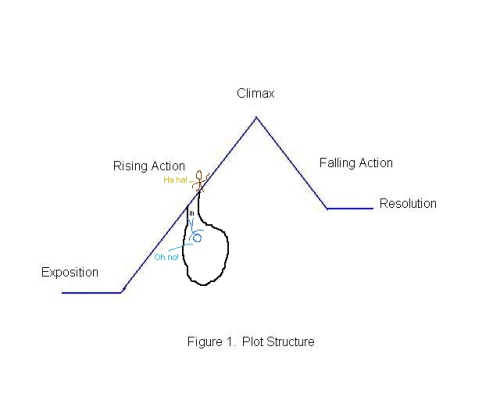Since grade school, we have been taught to find that “hook,” the little bit of flavor that locks the reader in and make the text more enjoyable and profound. This goes from the five-paragraph essays in jr. high (ugh, remember those?), then research papers in high school and college. Even into screenwriting classes the instructors tell their students to find that one hook that will get others excited to read the script.
Yet another thing I’ve had to un-learn.
I HATE the term “hook”, even more than The Rising Action Model, because though it helps otherwise dry and boring academic papers have that spark of life, the hook does nothing but sabotage creativity for a screenplay. Screenwriters, amateur and professional alike, become so fixated on that one thing, everything else is neglected.
When trailers for Jumper (2008) first came out, I’ll admit it: I was really excited. I love that kind of urban sci-fi stuff and the “hook” of a guy being able to teleport was so engaging I was able to overlook that they made Hayden Christensen the lead (plus they had Samuel L. Jackson, so it couldn’t be all that bad). And yet when I saw the movie, I about threw the remote through my TV! A single hook will not pull a sub-par script from mediocrity and make it a hit.
Too often the term hook becomes synonymous with “gimmick” and either the reader sees right through the ploy or worse, they are pulled in by it, but then let down by the rest of the story. That little spark is a good beginning, but when that screenplay hits the reader’s desk, it needs to be an inferno of creativity, concept, character, premise that the reader will have no choice but to leap from their seat on fire from it. Then, and only then, will your work be taken seriously.
Screw the “hook”, that little blip on the quality meter, and instead focus on these over-arcing elements:
A fresh and intriguing premise – Nothing new under the sun, but you never know what you’ll find turning over a few rocks.
Compelling and identifiable characters – By page 10, we should be in love with your characters, even if it’s “love to hate”.
A primal conflict – A universal theme (not “message”) that speaks to the human condition. Use Maslow’s Hierarchy of needs and keep it as low on the pyrimid as possible.
Yes there is a lot more such as setting, genre, dialogue etc, but these core elements are the crux of any script and there is not a movie that has grossed 100million that does not have all of these in spades. The best way to hook readers into your story, is to write a *good* story.
Happy Monday everyone and may you all have successful and productive week!

